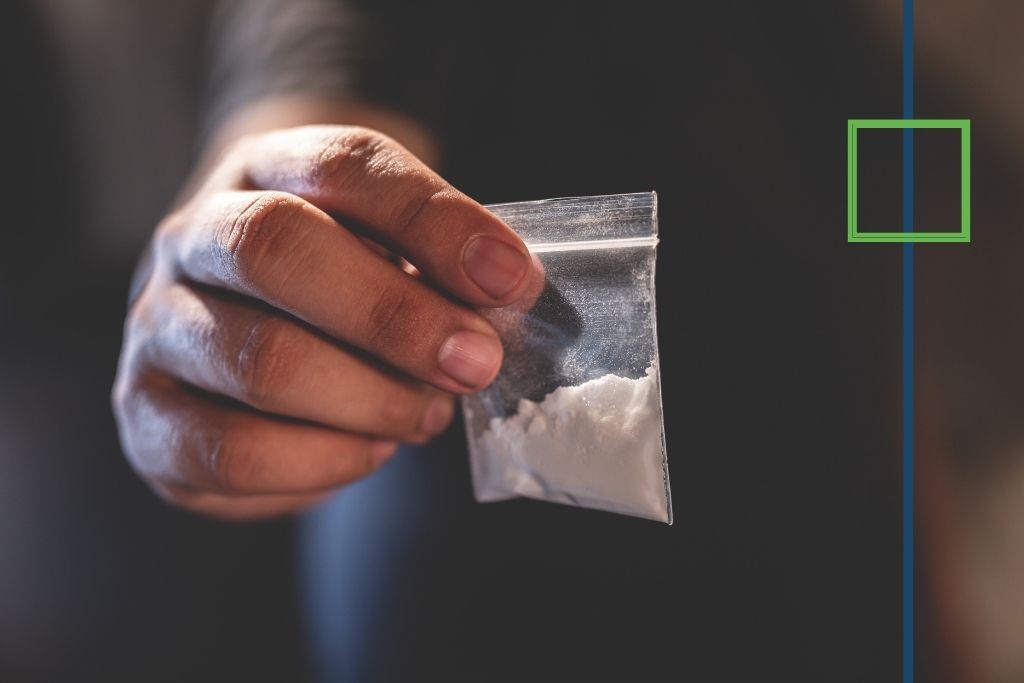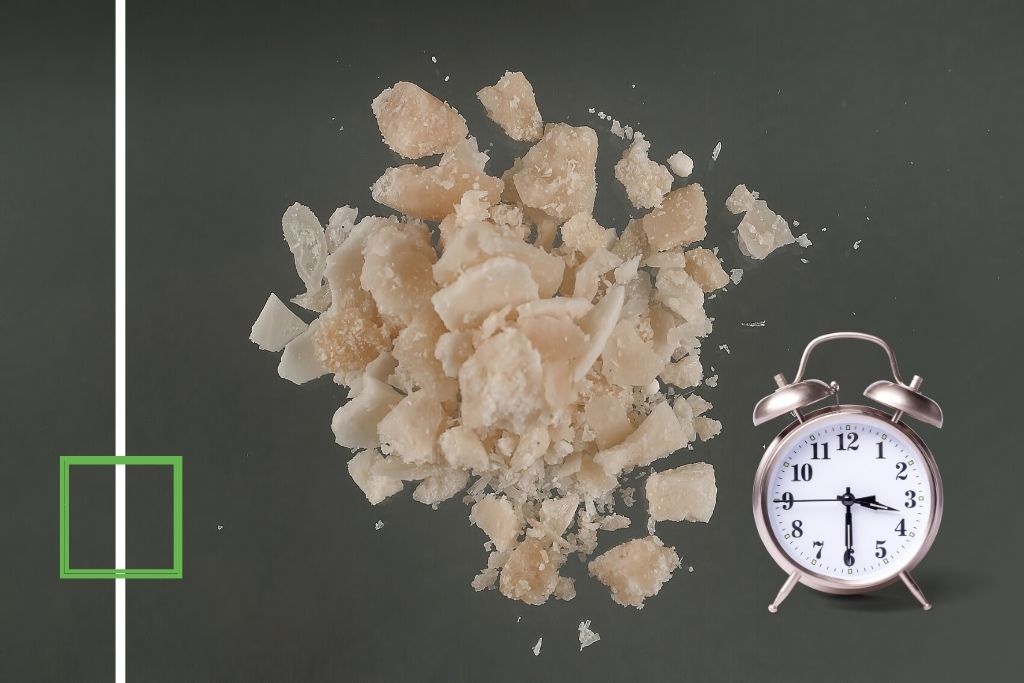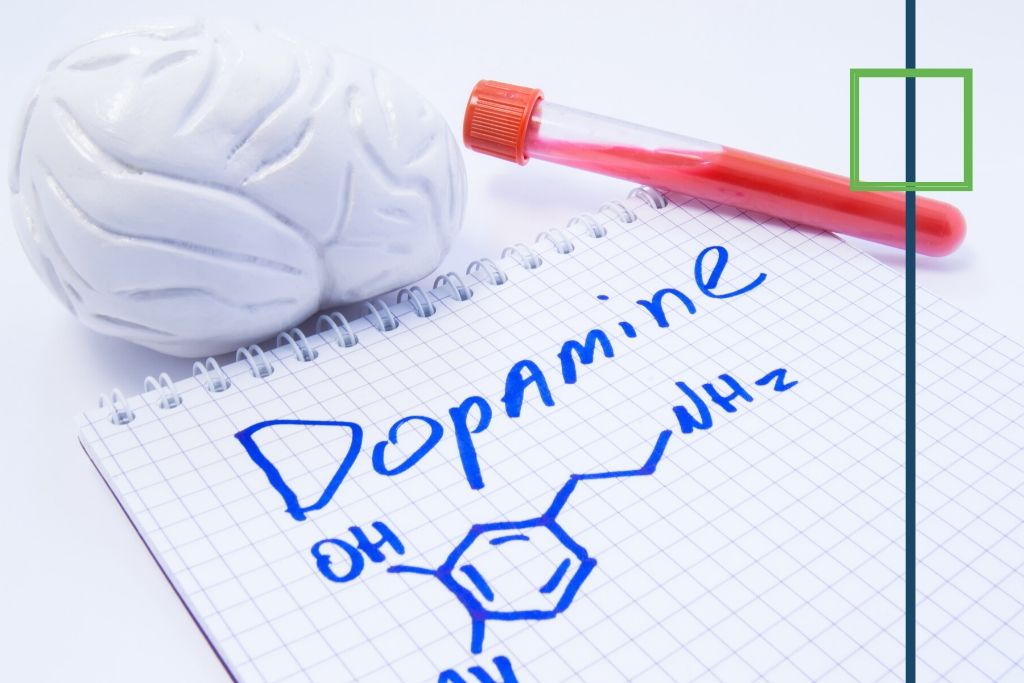Addiction to alcohol and cocaine is a familiar combination for drug and alcohol rehabilitation center employees. Alcohol numbs the user and lowers their inhibitions, while cocaine gives a boost of energy and a euphoric high. Combined, cocaine and alcohol seem to be exactly what an alcoholic needs to keep drinking until the sun comes up.
Alone, alcohol can cause symptoms such as loss of motor coordination, slow speech, reduced inhibitions, blurred vision, impaired judgment, depression, increased fatigue or sleepiness, slowed heart rate & breathing, reduced blood pressure, and dehydration. On the other hand, cocaine use causes an energetic high, constricts blood vessels that cause high blood pressure, increased body temperature, anxiety, irritability, insomnia, and a craving for more cocaine as it begins to wear off. When these drugs are used in conjunction with each other, the potential effects can be dangerous and addictive.
The dangers of mixing alcohol and cocaine
When these two drugs l are used together, the active ingredients in these substances combine to form cocaethylene. Cocaethylene builds up in the liver and increases blood pressure as well as causing aggressive, violent thoughts and poor judgment. If too much of this molecule is produced in the liver, it can reach toxic levels and can cause a heart attack, cardiac arrest, and sudden death. For those that survive an incident like this, it usually serves as a wake-up call to reach out for addiction treatment at a drug and alcohol rehabilitation center.
Short term effects of mixing cocaine and alcohol include:
- Increased blood pressure
- Increased heart rate
- Breathing problems
- Heart palpitations
- Impaired judgment
- Loss of motor function and coordination
A long term effect of mixing cocaine and alcohol is the potential for liver damage and ultimately liver failure. Long term alcohol abuse can lead to liver damage on its own, but this process is sped up when combined with cocaine use. Also, cocaine use can cause increased blood pressure which puts stress on the kidneys. A long term cocaine addiction can eventually lead to kidney failure.
Alcohol, Cocaine, and Suicide
Getting someone who has an addiction to both of these drugs into a treatment center is critical, not only because of the symptoms and effects listed above but also because mixing these drugs has been tied to increased suicide rates. A study conducted at Brown University found that “the links between substance misuse and suicide risk are complex, but cocaine and alcohol together was particularly significant”. In fact, the risk for someone who mixes cocaine and alcohol to attempt suicide within a year following emergency treatment is significantly greater. This emphasizes the need for long term treatment, a solid aftercare plan, and a supportive home environment.
If you are a loved one is struggling with the abuse of drugs and alcohol, get treatment from a holistic addiction rehabilitation center. Contact Level Up Lake Worth today to talk with an admissions specialist.





